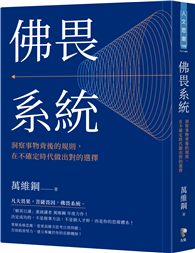Effects of morphological structure on phonetic detail present us with two challenges. The empirical challenge is that some predictors have produced inconsistent effects. The theoretical challenge is that it is unclear where morpho-phonetic effects originate from. Do speakers decompose words into morphemes? Or can such effects also originate from non-decompositional structure?
This book investigates the durational properties of English derived words in four large-scale corpus studies. In the decompositional perspective, durations are modeled as a function of frequency and segmentability, prosodic structure, and affix informativeness. In the non-decompositional perspective, durations are modeled with predictors derived from linear discriminative learning networks.
Results show that the decompositional predictors are far less reliable than previously thought. Meanwhile, some non-decompositional predictors model durations successfully. Discriminative learning is shown to be a promising alternative for modeling speech production. However, the book also demonstrates that many investigated predictors are conceptually interrelated. It ultimately cautions against taking the metaphors we use to describe these predictors as final explanations.












